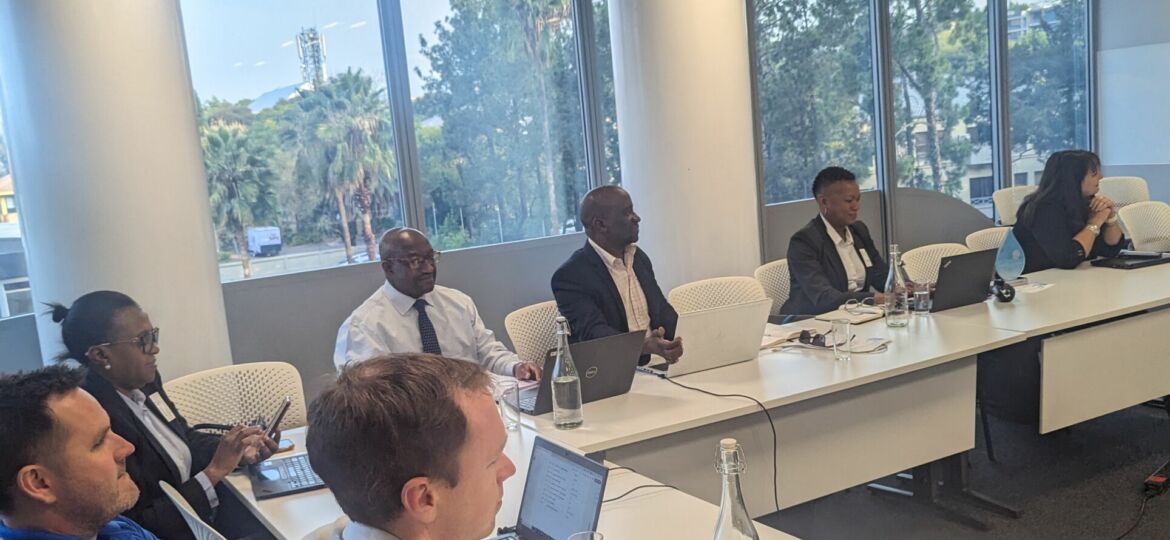
15 May 2024 – At this week’s bi-annual Strategic Water Partners Network (SWPN) Steering Committee meeting, the tone was one of urgency around the escalating water crisis facing major South African cities. Key stakeholders convened, including government, private sector, development partners, and civil society representatives.
The Director-General of the Department of Water and Sanitation (DWS), Dr Sean Phillips, delivered a sobering overview of the challenges. While South Africa is water-balanced nationally, worsening localized supply deficits are emerging, exacerbated by climate change, rising urban demand, ageing infrastructure, and delays in implementing planned augmentation projects like the Lesotho Highlands Water Project Phase 2 for Gauteng.
Deteriorating municipal water services are compounding the crisis, with 46% of municipal supply systems now failing microbiological standards. Dr. Phillips cited escalating non-revenue water losses and lack of technical skills as root causes.
SWPN highlighted achievements like the successful non-revenue water reduction initiatives in Nelson Mandela Bay and Polokwane, demonstrating a commitment to sustainability. However, Dr. Phillips stressed that demand management through reduced municipal losses and excessive consumption must be prioritized before new supplies come online.
The proposed “Platform for Water Secure Gauteng” aims to drive collaborative action between diverse stakeholders on these urgent demand-side interventions. SWPN welcomed the platform concept and DWS’s call for private sector involvement in initiatives like consumer behaviour change campaigns.
Dr. Phillips emphasized the need for legitimate civil society representation within the platform’s structures, not just NGO advocacy groups, but community associations and groups able to catalyze real change among end-users.
Looking ahead, SWPN’s 2024 work plan prioritizes scaling non-revenue water projects across municipalities and innovative approaches to enhancing urban water security through collaborative partnerships. With leadership changes announced, SWPN remains committed to creating shared value and pioneering solutions to this escalating crisis.

